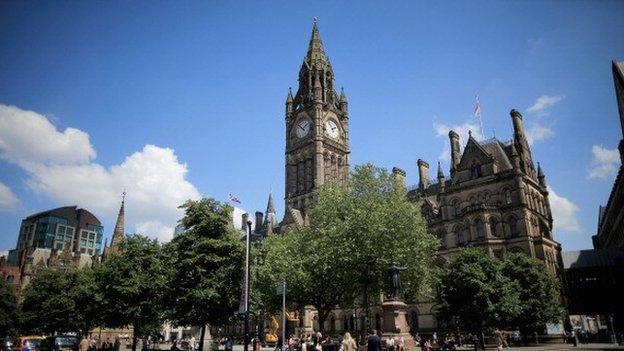NHS spending devolved in Greater Manchester
- Published
University of Manchester's guide to how health spending will work
Greater Manchester has become the first English region to gain control of its health spending.
From 1 April, the £6bn health and social care budget will be managed by councils and health groups as part of an extension of devolved powers.
The Greater Manchester Strategic Partnership will now make decisions on how to target specific health issues.
Integrating health and social care services will ease the pressure on hospitals, said the government.
The new partnership, chaired by Lord Peter Smith, comprises 37 organisations including hospital trusts, NHS England, the 10 borough councils and GP commissioners.
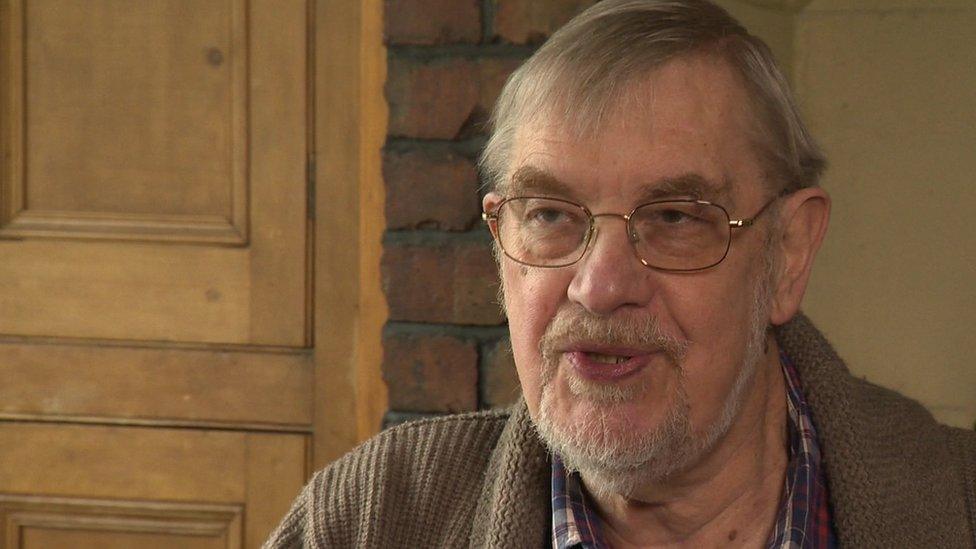
Lord Peter Smith is hoping improved healthcare will see more people return to work in Greater Manchester
Lord Smith, who is leader of Wigan Council, said: "The big vision is about people and getting people's health in Greater Manchester better.
"We spend £6bn on health and social care but life expectancy in Greater Manchester is not as good as it should be.
"Lots of people suffer from long-term illness and we've got great ambition to do something about their health.
"But it's wider than health we want to do something for the economy.
Mark Easton explains why Greater Manchester is "ditching the lanyards"
"A lot of people can't get into work because they have health problems, so if we can help them there will be more people getting back into work and we will have more wealth created in Manchester."
Politicians and NHS leaders in support of the move say it will enable them to reshape health and social care according to the needs of local people.
But it comes at a time of financial pressure as £2bn needs to be saved from the budget by 2020 due to cuts in government funding and increasing costs.
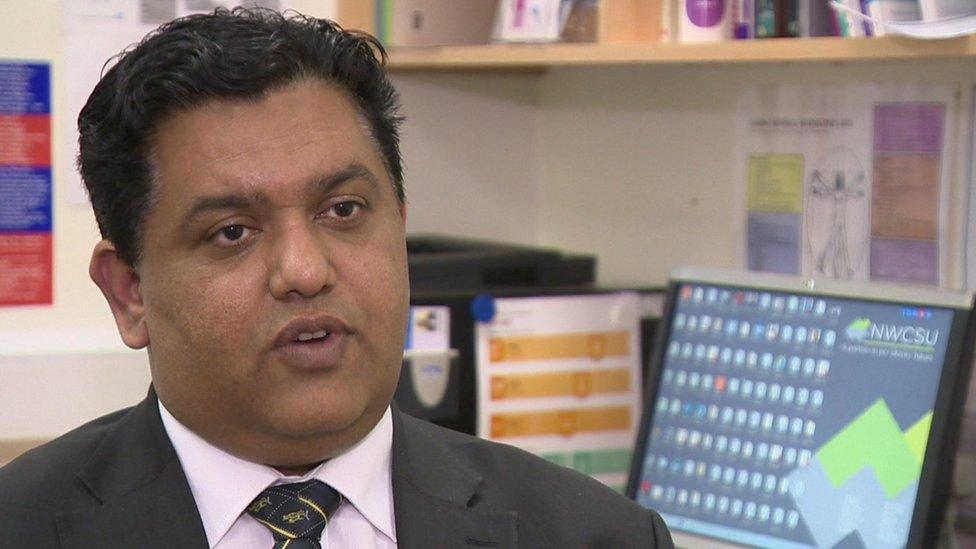
Dr Zahid Chauhan is concerned about losing £2bn from the budget
Dr Zahid Chauhan, a GP in Failsworth, Oldham, raised questions about how that money will be saved.
He said: "My concerns with all this funding deficit and loss of £2bn is that we might struggle to achieve it and who will be responsible for that?
"Will it mean less doctors, appointments and operations? I don't know, but those are the questions that need to be answered."

New health aims for Greater Manchester
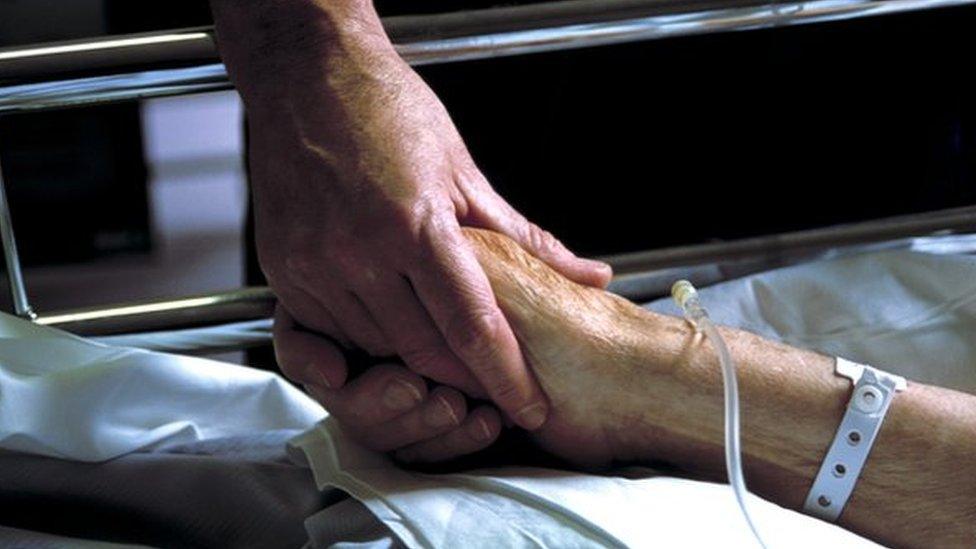
Children: Improving levels of school readiness to projected England rates would mean that 3,250 more children in Greater Manchester will have a good level of development by 2021
Babies: Reducing the number of low birth weight babies in Greater Manchester, to projected England rates, will result in 270 fewer very small babies (under 2,500g, or 5.5lbs) by 2021
Reducing effects of poverty: Increasing the number of parents in employment with good terms, to projected England rates, will result in 16,000 fewer children in Greater Manchester living in poverty by 2021
Heart Disease: Improving premature death rates from CVD, to the projected England average, will result in 600 fewer deaths by 2021
Cancer: Improving premature death rates from cancer, to projected England average, will result in 1,300 fewer deaths by 2021.
Respiratory disease: Improving premature death rates from respiratory disease, to the projected England average, will result in 580 fewer deaths by 2021
Older people: Reducing the number of people over 65 admitted to hospital due to falls, to the projected England average, will result in 2,750 fewer serious falls

- Published31 March 2016
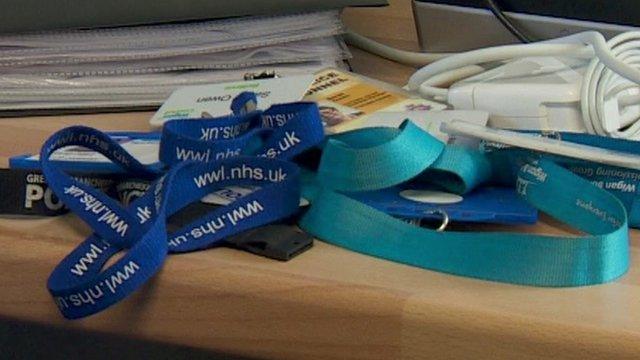
- Published31 March 2016
- Published25 February 2015
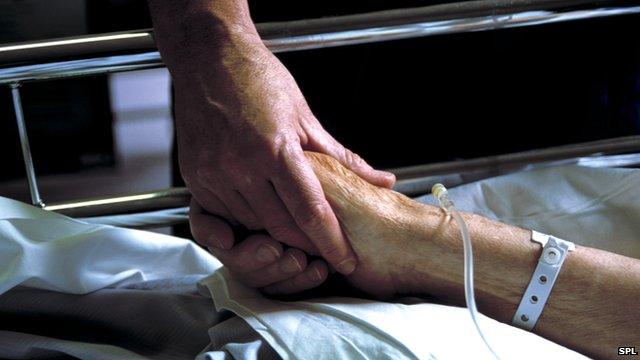
- Published15 December 2015
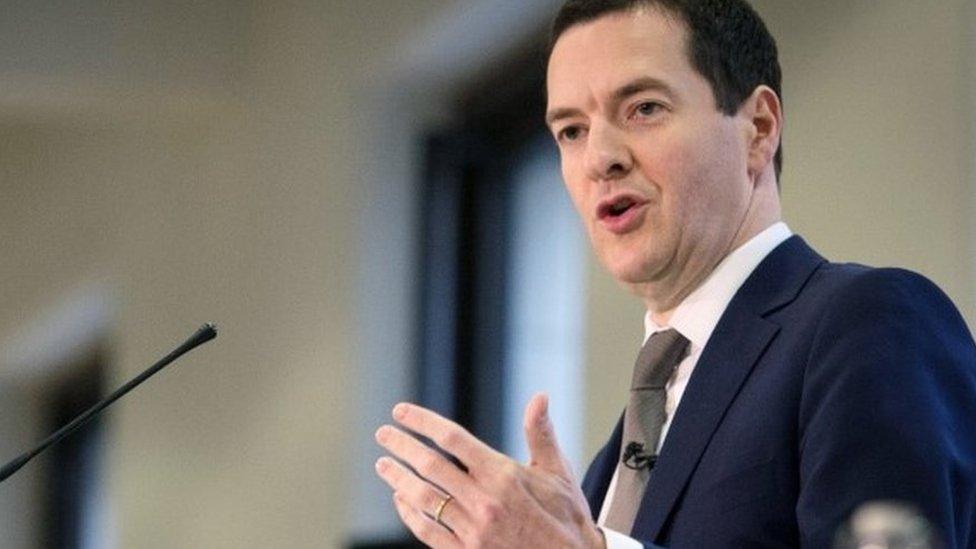
- Published7 March 2016
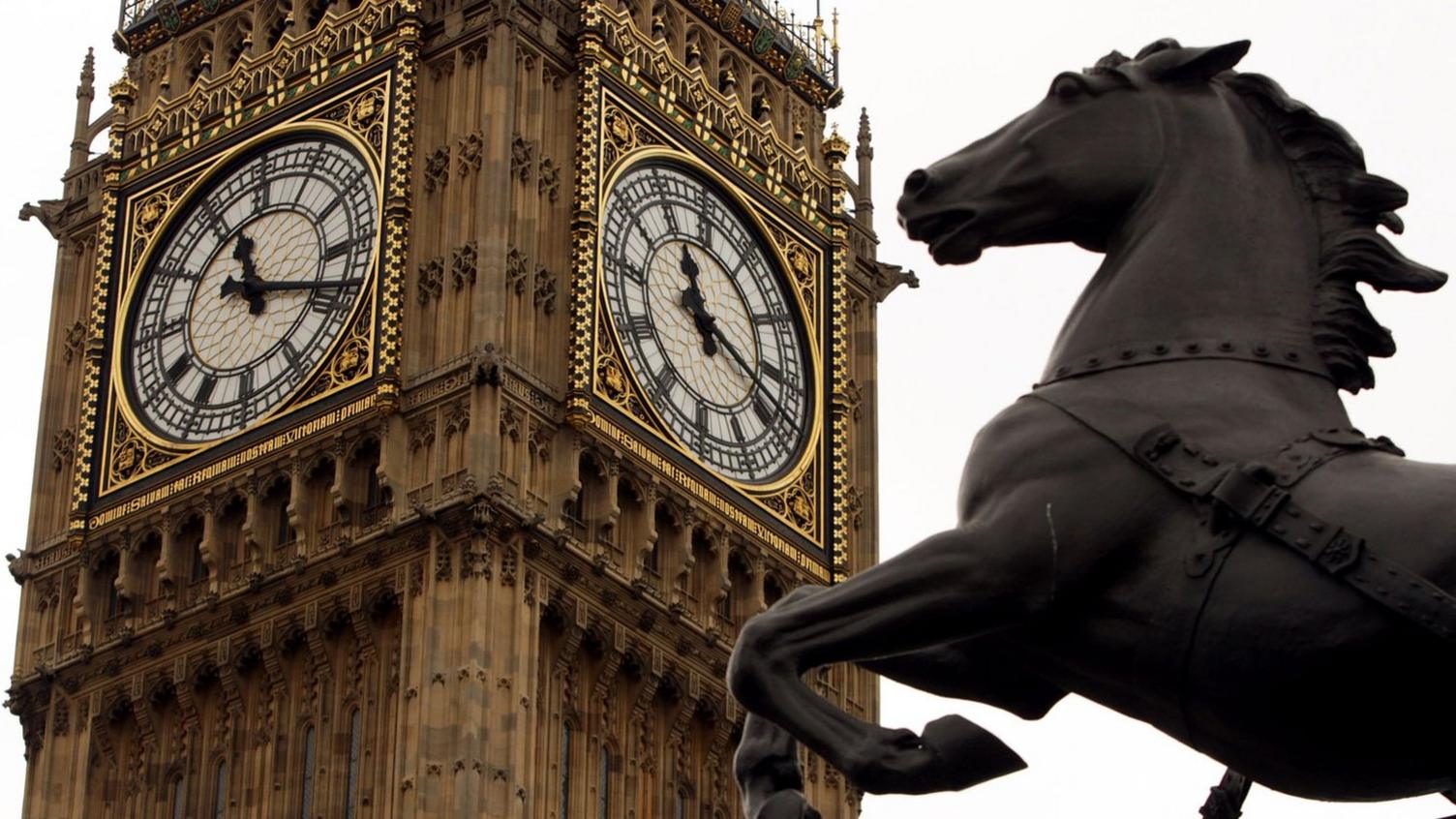
- Published25 February 2015
- Published3 November 2014
